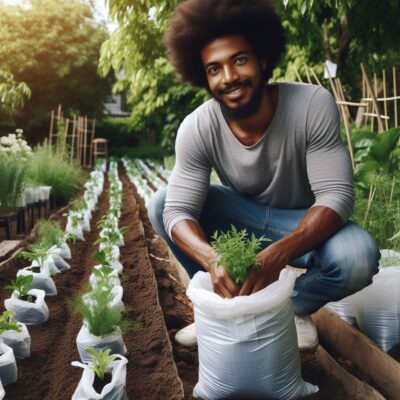Environmental and sustainability issues stand out as some of the most prominent challenges facing the global community today. In this context, plastic packaging continues to stir ongoing debates about its environmental impact. However, plastic packaging can have a positive role in environmental conservation if used responsibly and regulated by organizations that prioritize sustainability.
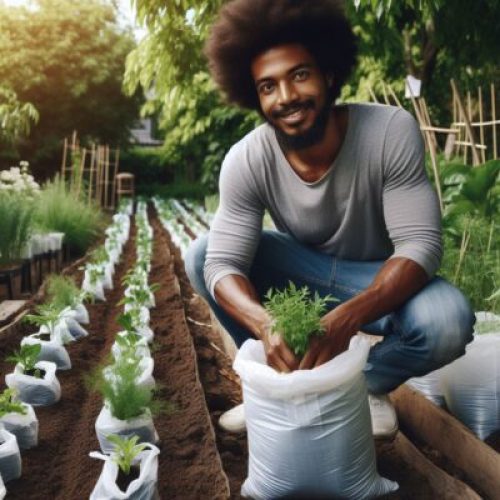
Waste Reduction:
Plastic packaging is deemed an effective tool in achieving waste reduction goals and providing high-quality products. Thanks to the protection it offers against harmful environmental factors, plastic packaging can delay product expiration and preserve their quality for longer periods. For instance, in the food industry, plastic packaging protects products from damage and contamination, reducing food waste and contributing to sustainable development.
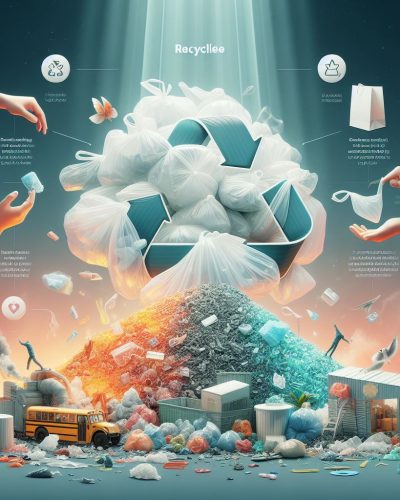
Carbon Emission Reduction:
One environmental feature of plastic packaging lies in its ability to reduce carbon emissions. Plastic, being lightweight and flexible, facilitates easy transportation and distribution. This lightweight characteristic contributes to lowering carbon emissions associated with transportation, and it can result in reduced energy consumption during production processes.

Resource Efficiency:
Plastic packaging proves to be an efficient choice in terms of resource consumption. Using small quantities of materials, plastic packaging achieves superior performance in protection and preservation of product quality. Plastic materials, known for their lightweight and strength, enhance resource efficiency, reducing energy and raw material consumption.
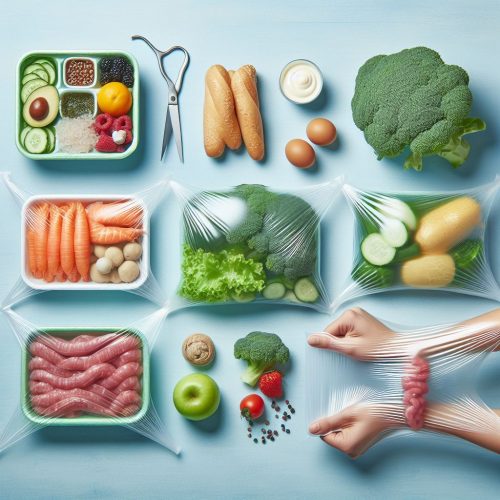
Promoting Recycling:
Smart design in plastic packaging is key to enhancing recycling processes. Improvements in packaging design can make it more recyclable, reducing the amounts ending up in landfills and increasing opportunities for reusing plastic materials. This contributes to achieving a more sustainable lifecycle for plastic materials.
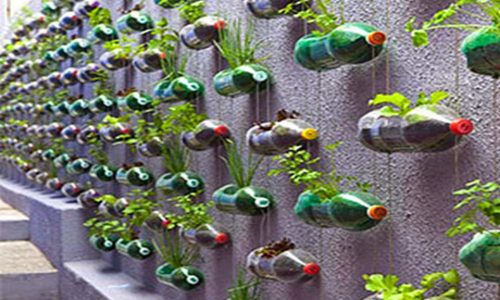
Overall Resource Consumption Reduction:
Plastic packaging plays an effective role in reducing overall resource consumption by protecting products from damage and pollution. The provided protection prolongs the lifespan of products, reducing the need for frequent manufacturing of new items. This impact reflects on reducing the damage caused by manufacturing and transportation processes, thereby lowering the overall consumption of natural resources.
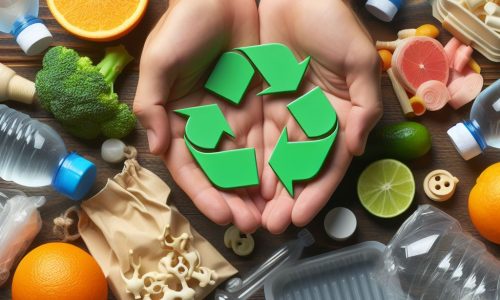
In conclusion, plastic packaging can be environmentally friendly when used responsibly and when measures are taken to improve its recyclability. The growing environmental challenges necessitate strategic thinking and innovation in the design and use of plastic packaging to ensure its sustainability and effectiveness in environmental conservation.
- – Please look at a section about us
Q&A
Question: In what way does plastic packaging demonstrate resource efficiency?
- Answer: Plastic packaging utilizes small quantities of materials, leveraging the lightweight and strength of plastic to achieve superior performance in protection. This results in improved resource efficiency and a reduction in energy and raw material consumption.
Question: How can smart design in plastic packaging promote recycling?
- Answer: Smart design enhances the recyclability of plastic packaging, reducing the amounts that end up in landfills and increasing opportunities for reusing plastic materials in other products, thus contributing to a more sustainable lifecycle.
Question: What role does plastic packaging play in prolonging the lifespan of products?
- Answer: Plastic packaging provides effective protection against damage and pollution, extending the lifespan of products. This, in turn, reduces the need for frequent manufacturing of new items, contributing to overall resource
– Please look at a section about us Or our page on Facebook conservation.

